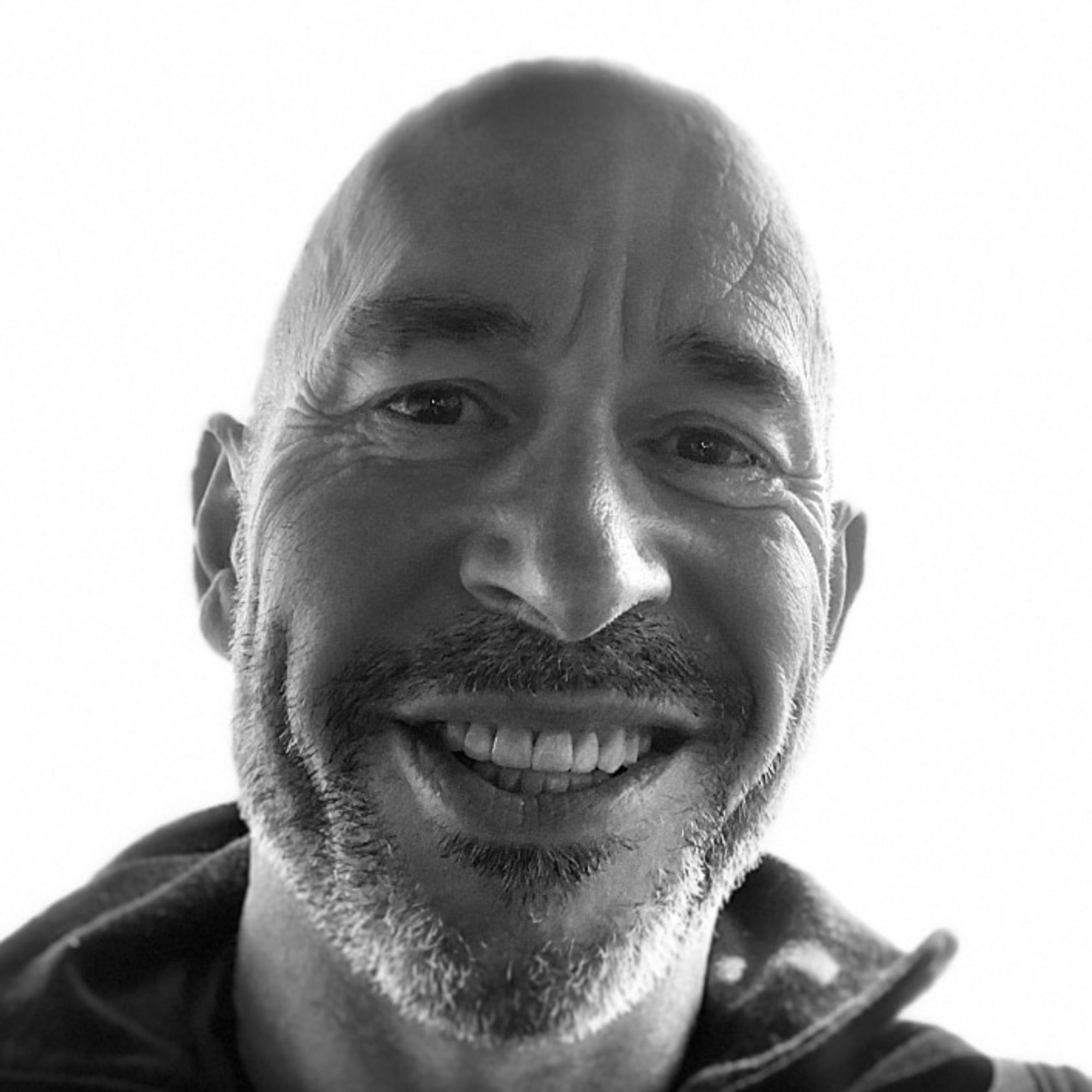Ready to Publish
Ready to Publish
Publish Date
Jun 27, 2021
Slug
Excerpt
Related Posts
Featured
Featured
External Link
Extra Info
Status
:Source URL
:Priority
Authors
The Social Self of Whitehead’s Organic Philosophy
Devonthink: The Social Self of Whitehead’s Organic Philosophy
Whitehead himself regarded his philosophy as “the philosophy of organism”.
Prehension
He saw consciousness as a particularly high order of experience in very complex organisms. He chose the word prehension to cover all such experiences of togetherness, including unconscious ones.
Panexperientialism
one could say that the universe is a vast network of experiential entities in relationship with one another. Hence the term [panexperientialism]Evolution, according to Whitehead, has been in the direction of more and more complex and creative unities of experience over time. For this reason, he was critical of the idea that evolution is driven by the principle of survival of the fittest.
The emergence of life is better conceived as a bid for freedom on the part of organisms, a bid for a certain independence of individuality with self-interests and activities not to be construed purely in terms of environmental obligations.
Evolution, Whitehead insists, would have stopped at rocks if the main issue were survival of the fittest.
The Self
The personally ordered, enduring object that is the self is just one example among many kinds of enduring objects. An electron is an enduring object with very little complexity and very little change over time
Evolution
(The) ultimate character (of the Universe) has two sides – one side is the mortal world of transitory fact acquiring the immortality of realized value; and the other side is the timeless world of mere possibility acquiring temporal realization. The bridge between the two is the “Idea” with its two sides. (Whitehead 1948: 92)
Why has the trend in evolution been upwards? The fact that organic species have been produced from inorganic distributions of matter, and the fact that in the lapse of time organic species of higher and higher types have evolved are not in the least explained by any doctrine of adaptation to the environment, or of struggle. The emergence of sentience on the classical view of evolution is itself puzzling. That is one of the reasons that drove Whitehead to speculate that it makes more sense to view some element of experience all the way down, however faint it might be at the bottom, rather than to wonder how it might have miraculously appeared later on.
The whole of nature is organic, he concludes, and the notion of lifeless, inert, purposeless matter is based on our macroscopic views of aggregates of actual entities.
In fact the upward trend has been accompanied by a growth of the converse relation. Animals have progressively undertaken the task of adapting the environment to themselves.
The upward trend in evolution (which has involved an increasing capacity to manipulate the environment) has been driven by an increase in the capacity to enjoy intensities of value.
Three-fold urge
This active attack on the environment is a three-fold urge:
- to live
- to live well
- to live better
In fact, the art of life is
- first to be alive,
- secondly to be alive in a satisfactory way, and
- thirdly to acquire an increase in satisfaction.


